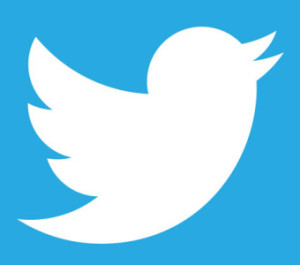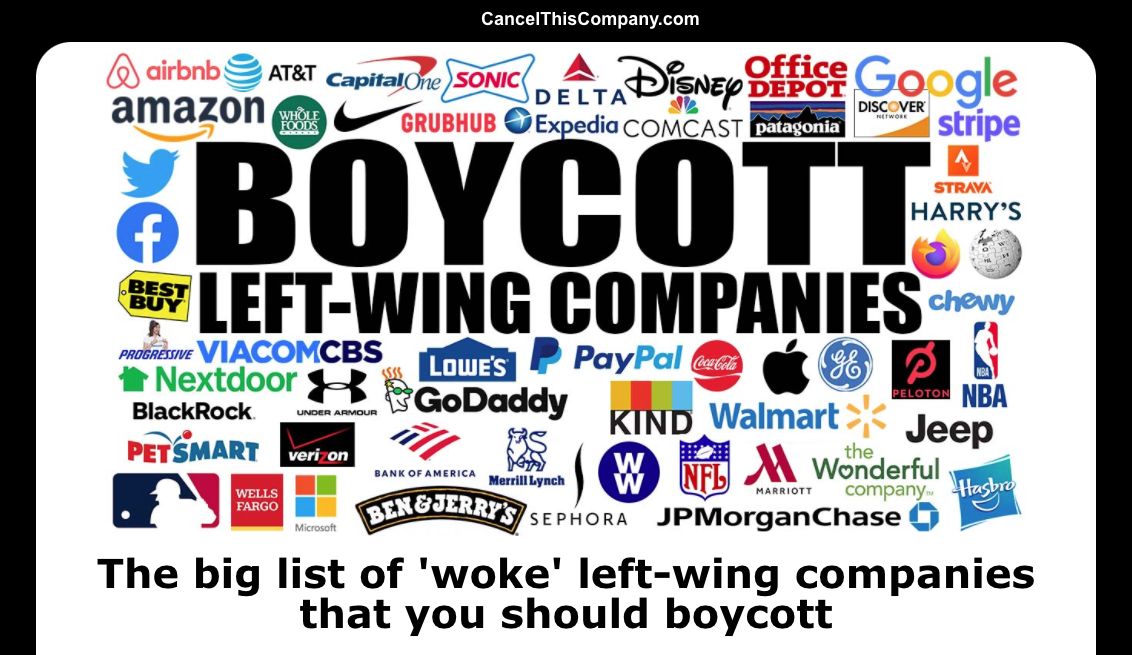“Social Media” is now the widely-accepted name for the latest trend in technology and interaction. Human behavior appears to have been forever changed in the second half of the past decade as technologies such as FaceBook and Twitter have invaded our daily lives. The cellular phone revolution has played a part in laying the groundwork for this, and the latest generation of kids has grown up with text-based instant messaging applications such as ICQ. Portable and decentralized communication tools have come to dominate the personal and professional spheres.
However, a big change had to happen between the rise in popularity of cellular phones and personal computers and the social media climate of today. Before regular people would adopt this technology and behavior, something would have to bridge the behavior of regular people with the behavior of the tech-savvy types who had their own websites. It would have to be and appear easy and convenient. Many would not have foreseen the catalyst that put all of this into play.
In the 1990s, the internet provided a new way for music fans to send rare music to each other much like the old cassette tape trading networks of the past. One popular audio file format that could be sent by and played on a computer without using up much memory was the MP3 file. As music communities moved online to find rare and live music, musicians also began to exploit the new online opportunity to build an audience for their own recordings. They created MP3 files of their music and placed them on websites.
A website called MP3.com was developed to host accounts for musicians seeking to display, demonstrate, and distribute their work, and it gained wide popularity among independent music artists with internet access. The site also offered some album printing services. In the meantime, MP3 files had become well-known as the illegal file-sharing case of the popular Napster service grabbed headlines and spurred intellectual property debates while portable MP3 players were developed to transport these files for use and enjoyment beyond earshot of the home computer.
In fall 2003, MP3.com announced with very short notice that it would cease operations and cancel all accounts. Untold thousands of bands and musicians would lose their online content if it was not backed up elsewhere. As MP3.com shut down, newer competitors such as PureVolume.com and MySpace.com competed to pick up the market share and become the new market leader. The winner of this competition would likely recognize that it needed to offer the most opportunities for artists to make contact with new fans, and the best way to do this was to get fans to have their own accounts. As music fans that were not musicians themselves began to make their own accounts to interact with bands, users began to see the value of online profiles for non-music communications.
Before long, MySpace.com became a site known for providing every interested person with a free website of his own for displaying his information and interacting with online “friends” both near and far. All that was required was an email address. This took hold quickly among young people, and a college-based network with a similar model called “FaceBook” awaited them as many entered colleges within a few years. Shortly thereafter, nearly every college campus in the United States had a large FaceBook community, and the service was opened to everyone in many countries worldwide. Applications were developed for portable devices such as cellular phones, and the multimedia social network became inescapable.
The social media landscape developed very quickly and changed drastically as it did so. What seemingly unrelated events around the corner could change this worldwide web that now connects us from pocket to pocket? Will perceptions of convenience give way to those of hassling and annoyance? Will the spectre of technology cause us to seek an escape from the various personalities and unknown interests it represents? How much of this is beyond our control and subject to random events, and how will they affect us?
Would we be asking these questions differently today if not for the shift of tape-trading toward MP3 sharing?

























